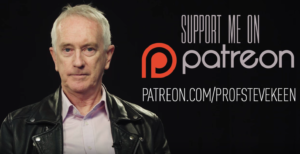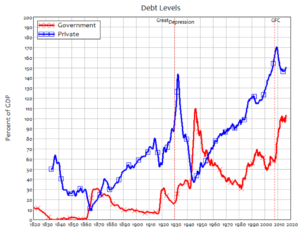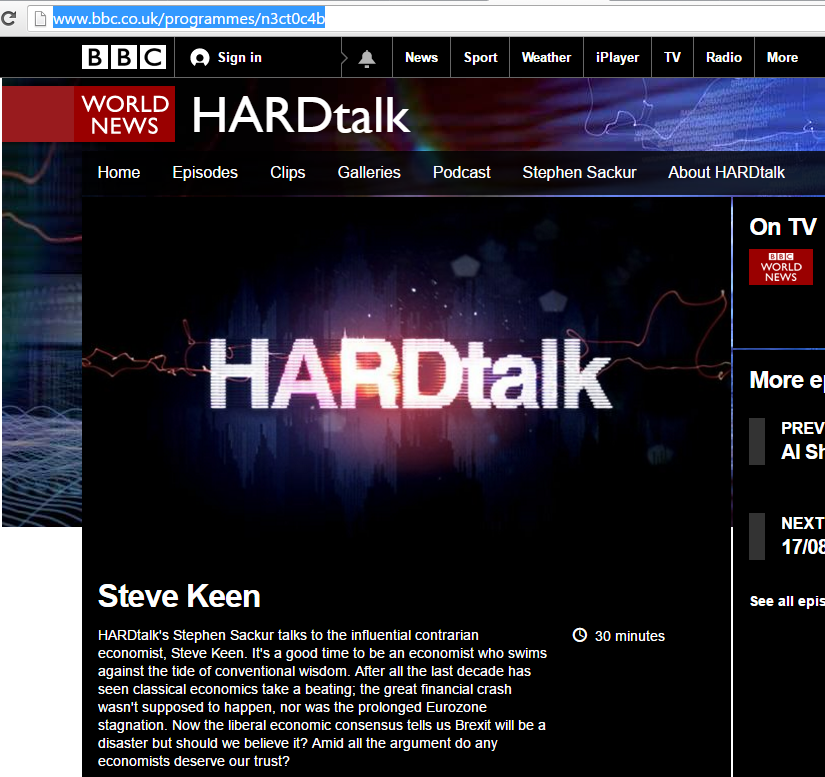One of my Patrons posed a very good question to me: in a nutshell, how would I respond to a politician who took my ideas and perverted them for political gain? Here’s Andre’s full query:
Hi Steve, thank you, you’ve given me the gift of some of the most important ideas and explanations I’ve come across in my lifetime.
I was wondering how you might respond to a politician who misreads your latest book, and then declares:
1. People will love me, because Steve Keen says I can become known as a master of managing my country’s economy by engineering a private debt boom




